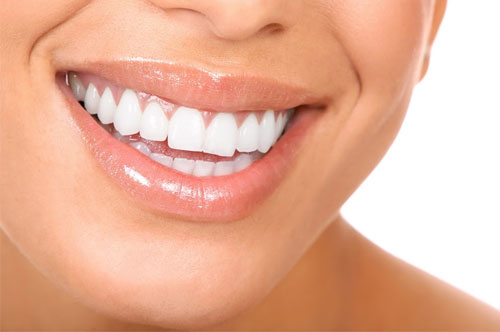The health of your teeth is an important part of having a vibrant, attractive smile. Making sure that they are clean and glistening is (or should be) a natural part of your everyday dental hygiene routine.
Yet for all of the focus you may (or may not) be putting on your teeth, what, exactly, are you doing to take care of your gums?
If you’re brushing and flossing everyday like you should be doing, then you probably don’t have anything to worry about as far as your gum health goes. Granted, there’s no substitute for a dental exam courtesy of your Birmingham dentist in order to get a professional, accurate understanding of your oral health.
If you haven’t been doing those things as regularly as you should, however, then you probably have something to worry about. By neglecting to maintain your oral health – or by letting your children get away with regular lapses in their own oral hygiene – you are sending an invitation to gum disease to waltz right in and make itself at home.
This is a recipe for disaster, but it doesn’t mean there’s nothing you can do about it.
What Is Gum Disease?
Tiny microscopic bacteria, called spirochetes, can begin to invade your mouth whenever you go more than 30 hours without brushing or flossing. The bacteria start their life-cycle in plague, which is a kind of byproduct of saliva and leftover particles of the food and beverages you eat.
If that bacteria is allowed to persist for more than a day without brushing, then it can easily begin to colonize your gums.
What do I mean by “colonize?” This spirochete bacteria is shaped like a tiny corkscrew, and it’s primary goal in life is to use its shape to literally burrow itself into the soft tissues of your gums, where it will eventually begin to erode and ultimately infect the tooth itself. By the time that happens, it’s extremely likely that your gum disease has spread beyond just one tooth.
Here are some common symptoms that you have gum disease; take a look and compare with what’s going on in your bathroom mirror:
- Gums that bleed after brushing
- Overly sensitive gums
- Puffy, inflamed gums
- Receding gum line
- Loose or shifting teeth
Although there’s nothing subtle about any of those symptoms, I want to stress that these are the most common types of symptoms; in some cases, gum disease (particularly early to moderate forms of it) may not show any symptoms at all. This ability of gum disease to at times secretly invade your smile is along its most nefarious characteristics, allowing a problem to reach a boiling point without giving you any real warning that it’s taking place.
It’s also a crystal-clear reason why regular checkups with your dentist in Michigan are absolutely crucial in preventing gum disease. I have experience and equipment that enable me to detect gum disease even if you haven’t noticed any of the above symptoms. I can offer minor treatments to eradicate the disease in its early stages without the need for more intensive procedures.
Failure to do anything about it will allow your gum disease to cause other health problems beyond your smile; numerous studies have linked gum disease
Scaling & Root Planing To Tackle Tough Cases
If you’re reading this, however, then it’s likely you’re looking for a treatment that will eliminate a case of gum disease that you can’t help but ignore.
Should that be the case with your smile, then you don’t have to worry: I can offer your a gum disease treatment without a painful, invasive surgery that works in just one appointment!
This treatment is known as scaling and root planing. It involves using a pressurized stream of water to clean between the tooth and the gum in order to eradicate those impossible-to-reach-by-brush-alone pockets of gum disease bacteria. It will also remove the plaque and tartar buildup on your smile, as well, which can serve as breeding grounds for gum disease bacteria, lightening your smile by several shades in the process!
How You Can Make Your Appointment
You’ll be surprised how much your smile will change for the better after a scaling and root planing treatment. All you have to do is schedule your appointment with me to take care of this problem once and for all.
You can reach me at 248-972-8720, or you can make your appointment online by taking just a couple of moments to fill out this questionnaire, and we will get back to you right away!





